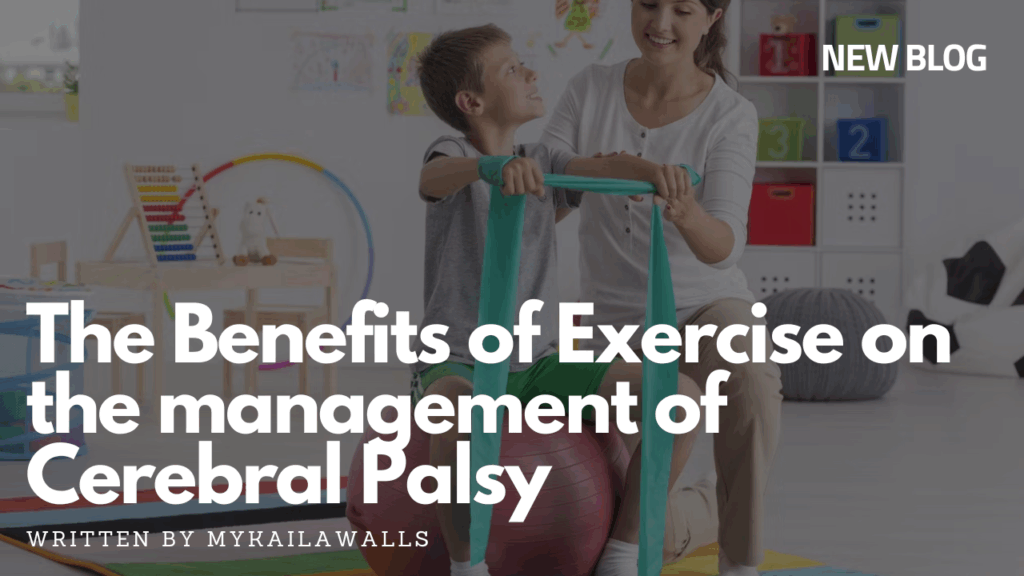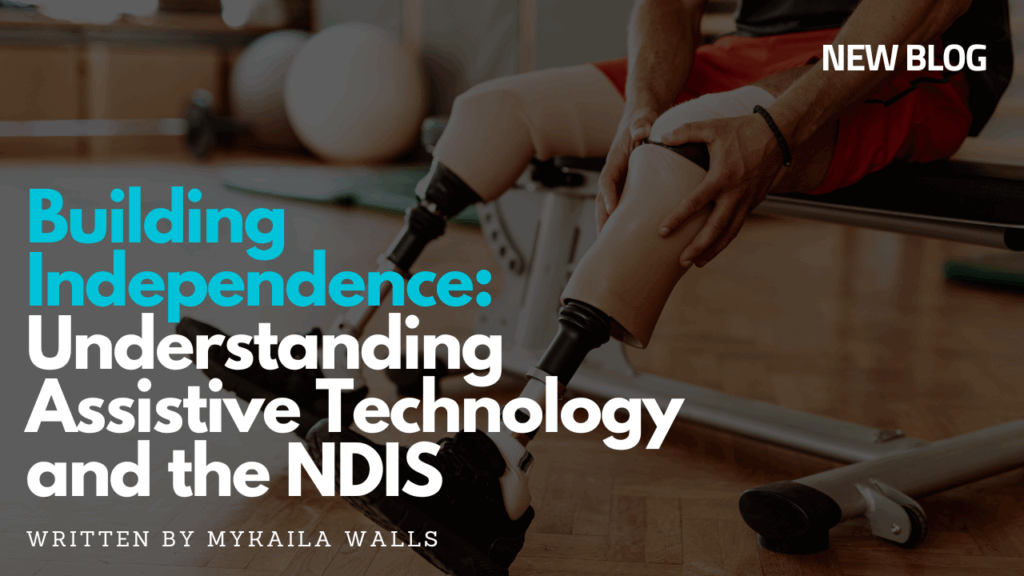Understanding Multiple Sclerosis and the Power of Movement

Living with a neurological condition such as Multiple Sclerosis (MS) can be unpredictable, challenging, and at times overwhelming. Flare-ups and periods of regression can significantly impact mobility, confidence, and independence — often changing daily life in confronting ways.
A Journey of Strength, Confidence, and Community: A Client Success Story

Living with a neurological condition such as Multiple Sclerosis (MS) can be unpredictable, challenging, and at times overwhelming. Flare-ups and periods of regression can significantly impact mobility, confidence, and independence — often changing daily life in confronting ways.
The Benefits of Exercise on the Management of Cerebral Palsy

Engaging in regular physical activity is beneficial in assisting in the management of symptoms associated with cerebral palsy. An accredited Exercise Physiologist can aid in implementing a safe and individualised exercise program
The Benefits of Exercise on Mental Health Outcomes

Exercise Physiologists can provide individuals with a goal-based, individualised
exercise program, provide support to assist in improving overall psychologist
wellbeing through aiding those with mental health conditions to engage in regular
physical activity that is meaningful.
Exercise and Heart Health: A Lifesaving Combination

Research continues to affirm what many Exercise Physiologists see every day: movement is medicine, especially for individuals living with dementia. Whether it’s walking, resistance training, balance exercises, or high-intensity functional movements, the benefits extend beyond the body—they reach the mind, the mood, and even the memory.
How Exercise Supports People Living with Dementia

Research continues to affirm what many Exercise Physiologists see every day: movement is medicine, especially for individuals living with dementia. Whether it’s walking, resistance training, balance exercises, or high-intensity functional movements, the benefits extend beyond the body—they reach the mind, the mood, and even the memory.
How Exercise Supports Asthma Management

Women’s Health Week runs from 1 September until 5 September 2025, focusing on the health and wellbeing of all women. The theme of Women’s Health Week is “Say Yes to You,” encouraging women to prioritise their own health and wellbeing.
How Exercise Supports Women’s Health

Women’s Health Week runs from 1 September until 5 September 2025, focusing on the health and wellbeing of all women. The theme of Women’s Health Week is “Say Yes to You,” encouraging women to prioritise their own health and wellbeing.
Building Independence: Understanding Assistive Technology and the NDIS

What is World Assistive Technology Day? World Assistive Technology Day is a global awareness event that is held on 4 June each year. This awareness day aims to raise awareness about the importance of assistive technology and the limitations in access to it worldwide. According to the 2022 Global Report on Assistive Technology by the […]
Raising Awareness of Invisible Illnesses and the Role of Movement in Support and Recovery

Each year on May 12, we acknowledge International Awareness Day for Chronic Immunological and Neurological Diseases (CIND). A collective term for life-altering conditions like ME/CFS (Myalgic Encephalomyelitis/Chronic Fatigue Syndrome), Fibromyalgia, Multiple Chemical Sensitivity (MCS), Gulf War Illness, and Long COVID. These conditions are often invisible but have very real impacts: fatigue that doesn’t improve with […]
